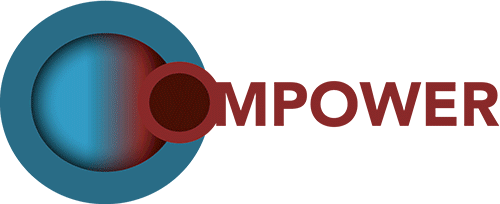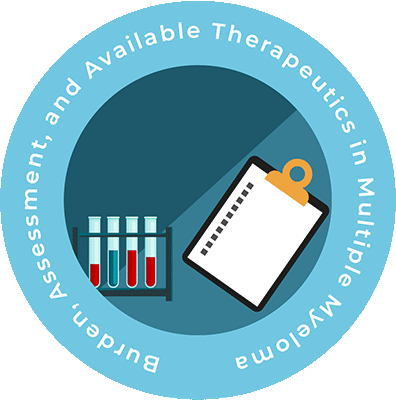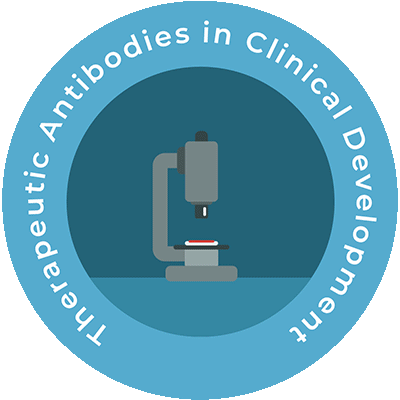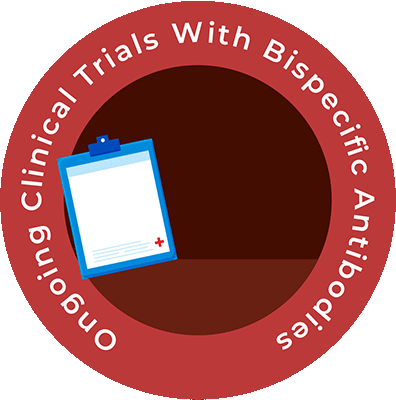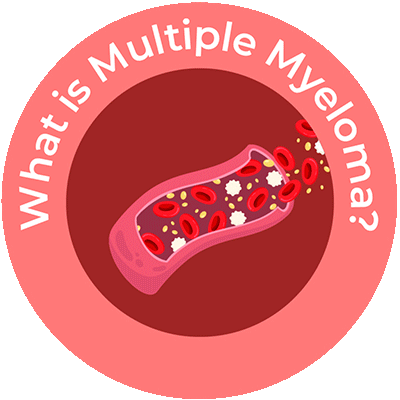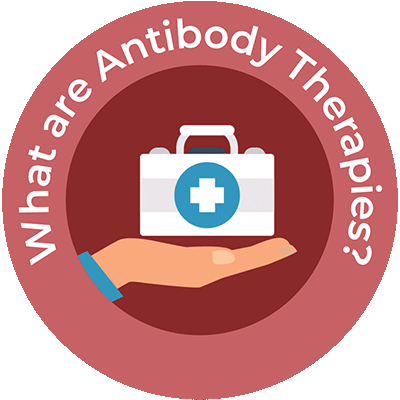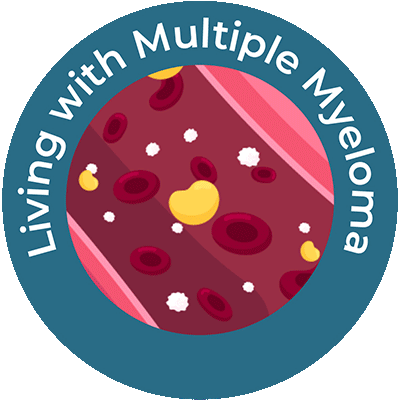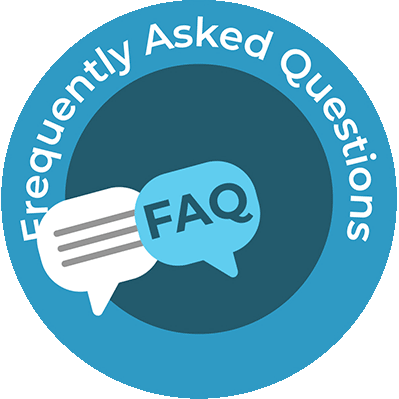About Us
The ECHO Program
The ECHO program is an online tool that aims to provide both clinicians and patients with up-to-date information on the presentation, prognosis, pathophysiology, and treatment strategies in development for patients with multiple myeloma. As therapy in multiple myeloma is constantly changing, this activity focuses on the bispecific antibodies, which have shown promising results in the management of multiple myeloma, especially in the relapsed/refractory setting.
Thank you for visiting our website. We invite you to explore the Clinician Toolkit and Patient Toolkit links as well as our pages on CME events, a poster portal to create your own poster, links to animated videos, and much more!
Community Oncology Connection
About Med Learning Group
Med Learning Group, is a full-service, accredited medical education company. Med Learning Group focuses on developing and implementing continuing education that improves healthcare practitioners’ ability to provide optimal care to their patients. Our goal is to provide high-quality education that is designed to deliver the highest level of outcomes for both the patient and the practitioner.
Med Learning Group has expertise in developing both live and online activities that are innovative, case-based, interactive, and patient-centric in nature. We apply adult learning theory and principles to our programs and, more importantly, understand the nuances of our specialty audiences. We design programs for physicians, nurses, pharmacists, and other healthcare practitioners and have a deep understanding of how to educate both specialty audiences and general practitioners. The mission of Med Learning Group is to design educational activities for healthcare practitioners that increase competence, change behavior, and optimize patient care. The major focus of our education is the creation of innovative and interactive educational programs designed with scientific rigor, fair balance, and evidence-based content.
